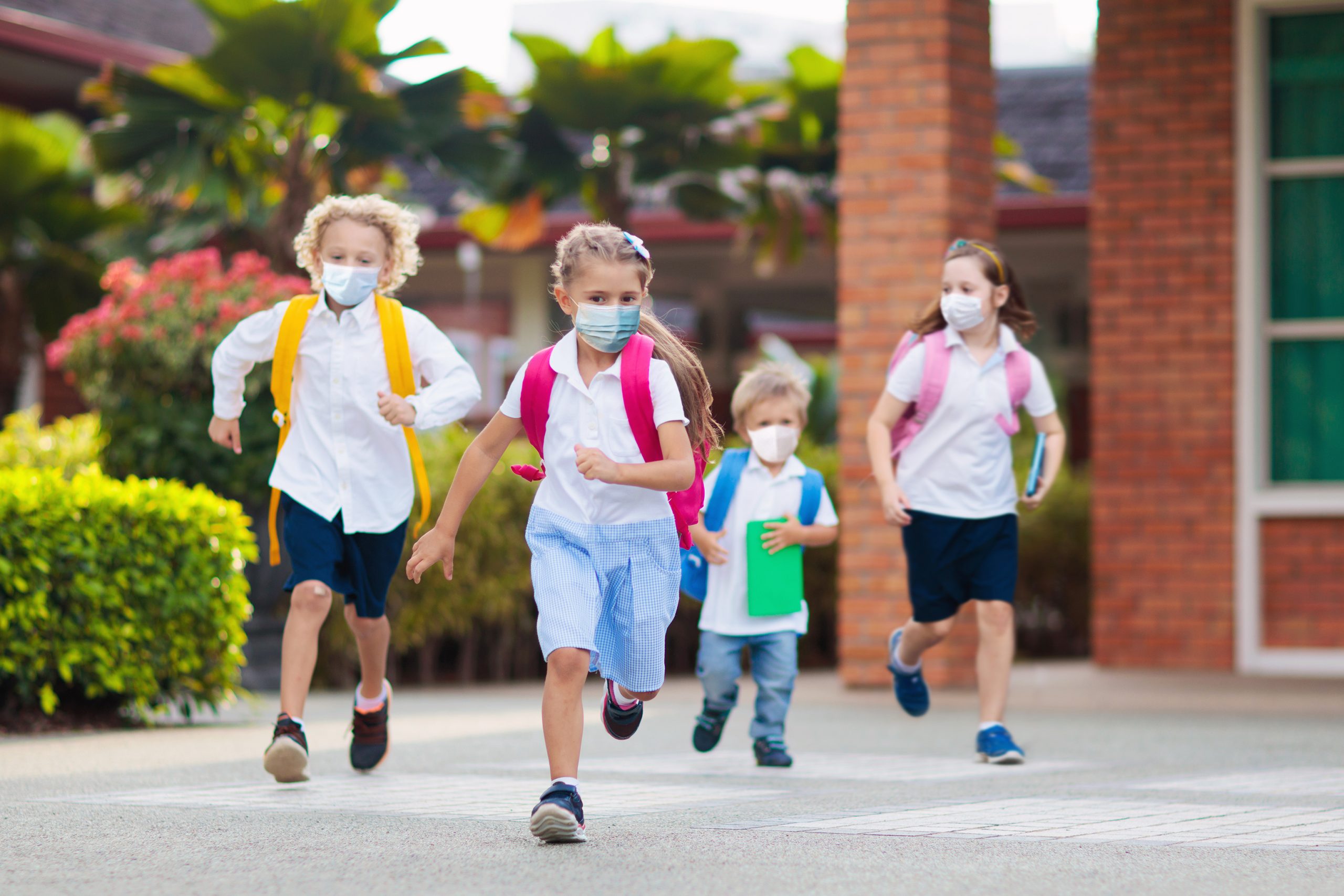Vermont Supreme Court Shields School From Repercussions In Unconsented Child Vaccination Case

In a contentious decision, the Vermont Supreme Court ruled that a family cannot sue a school district after their child was vaccinated against COVID-19 without parental consent. The ruling, based on the Public Readiness and Emergency Preparedness (PREP) Act, has sparked outrage among those who believe the school should be held accountable for its actions.
The incident occurred in November 2021 when a child at Academy School was mistakenly vaccinated after wearing another student’s name tag. Despite the father’s explicit instructions to a school official that his child should not be vaccinated and the child’s verbal protests, the school administered a dose of Pfizer’s COVID vaccine. School officials later realized the mistake and apologized to the family, who subsequently withdrew their child from the school.
The Vermont Supreme Court’s ruling hinges on the PREP Act, which provides liability immunity to certain “covered persons” during public health emergencies. The court found that state and school officials involved in the case were protected under this act, as the vaccine is considered a “covered countermeasure.”
Critics argue that this ruling effectively shields the school from repercussions for administering a vaccine without parental consent, whether by mistake or not. They contend that the school should be held responsible for the error and for failing to uphold the parental rights to make medical decisions for their child.
“To avoid dismissal on immunity grounds, plaintiffs would have had to present well-pleaded allegations showing that (1) at least one defendant was not a covered person, (2) some conduct by a defendant was not causally related to administering a covered countermeasure, (3) the substance injected into L.P. was not a covered countermeasure, or (4) there was no PREP Act declaration in effect at the time L.P. was injected,” the ruling reads.
The decision upholds a January 2023 ruling by a state superior court, leaving many questioning the balance between public health measures and individual rights. The case highlights the tension between protecting public health and respecting personal and parental autonomy in medical decisions.
As the debate continues, this ruling raises important questions about accountability and the extent of protections provided under the PREP Act, especially when it comes to involuntary medical interventions on minors.
























